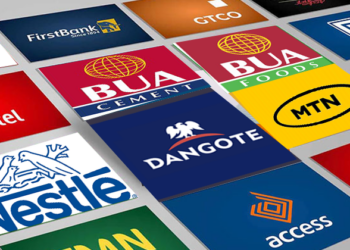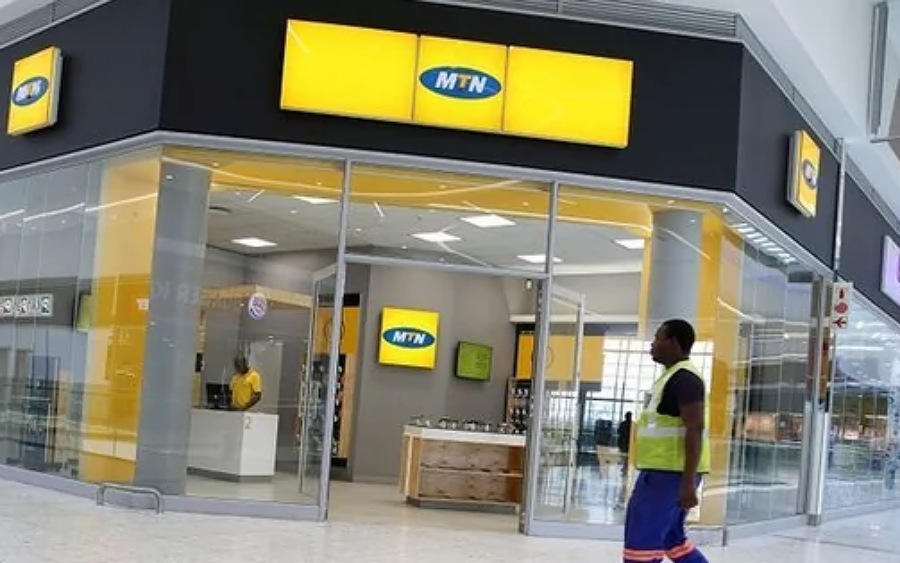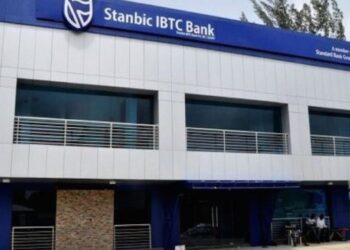MTN Nigeria, Nestle Nigeria, Stanbic IBTC, Zenith Bank and GTBank were the highest paying dividend stocks on the floor of the Nigerian Stock Exchange at the end of the half-year (H1) of 2019.
With a combined value of over N119.2 billion, these five companies make a surprisingly diversified list that includes telecommunication, food and beverage and banking industry giants.
Breakdown: MTN’s H1 2019 result released on July 26 at the NSE shows the interim dividend translates to every shareholder of the company earning N2.95kobo on every share held, totaling N60 billion. The register of shareholders was closed from August 9 to 13, 2019. The qualification date for the interim dividend was August 8.
The telco’s operating profit of N190.403 billion in H1’19 against N136.501billion in H1’18 represents 39.49% increase. Profit before tax (PBT) of N141.797 billion in H1 2019 against N108.354 billion in H1’18 shows an increase of 30.86%; while the company’s profit for the review period at N98.930 billion implies an increase of 34.79%, from N73.395 billion in H1 2018.
[READ ALSO: This bank is bracing up for lower yields in the treasury market]
Nestle Nigeria Plc posted a total interim dividend of N30.5 billion which represents an increase of 40%, from the N21.79 billion it paid investors H1 2018.
The multinational’s PBT also rose by 27% as it increased from N31.87 billion to N40.4 billion within the same period. Nestle Nigeria Plc also grew its gross earnings by 5% from N135.3 to N141.9 billion within the period of review.
Stanbic IBTC Plc proposed an interim dividend of N1.00 per share, which is the same amount paid as interim dividend in the half-year period ended June 30 2018. The proposed interim dividend amounts to N10.241 billion.
The bank’s result shows the group’s gross earnings increased by 2.77% from N114.20 billion in H1 2018 to N117.37 billion in H1 2019. However, its Net Interest Income (NII) decreased to N39.31 billion in H1 2019 from N40.16 billion in the corresponding first-half period of 2018.
The management of Zenith Bank paid the shareholders of the company a total sum of N9.42 billion as interim dividend.
The bank’s PBT increased from N107.4 billion reported in H1 2018 to N111.7 billion, reflecting 4% growth. Its earnings per share (EPS) increased by 9% from 2.60 to 2.83 within the same period.
GTBank also paid N8.83 billion as interim dividend to its numerous shareholders. The PBT increased by 5.6% to N115.8 billion during the period under review, compared to N109.6 billion recorded in June 2018. This is as a result of a decrease in administrative costs by 37.6% to N1.6 billion in H1 2019, compared to N2.6 billion in H1 2018.
Its PAT stood at N99.1 billion in June 2019 as against N95.6 in June 2018, representing a 3.7% increase.
Moreover, existing and potential investors of all bands can find something from these quoted companies that fits into their portfolio goals. Looking for high or medium yields to generate income in October? Check these companies out. Interested in long or short term and rewarding investment? They have all it takes including strong competitive advantages, trading for fair value.
[READ ALSO: Stock Market: 52.5% of firms failed to pay dividend in 2019]
What is dividend? A dividend is a payment by a company to its shareholders in cash at the end of a quarter or year and is sometimes paid out in company stock. However, beyond this general description, there are actually a lot of different kinds of payments that are called dividends but only common in other climes like the United States of America.
What to look for dividend stocks: The following are what you should look out for in dividend stocks.
- Payout ratio: The dividend payout ratio is the percentage of a company’s earnings it used to pay dividends. This is an important metric to use when digging into dividend stocks you are considering to buy.
- Dividend history: This is simple. All a potential investor needs to do is to check the track record of the company. Many of the companies mentioned above have trackable and impressive track records, including long records of paying annual and interim dividends.
- Industry strength: Here, it is better to own shares in a decent company in a great and lucrative sector that owning shares of a great firm in a tough industry.





















